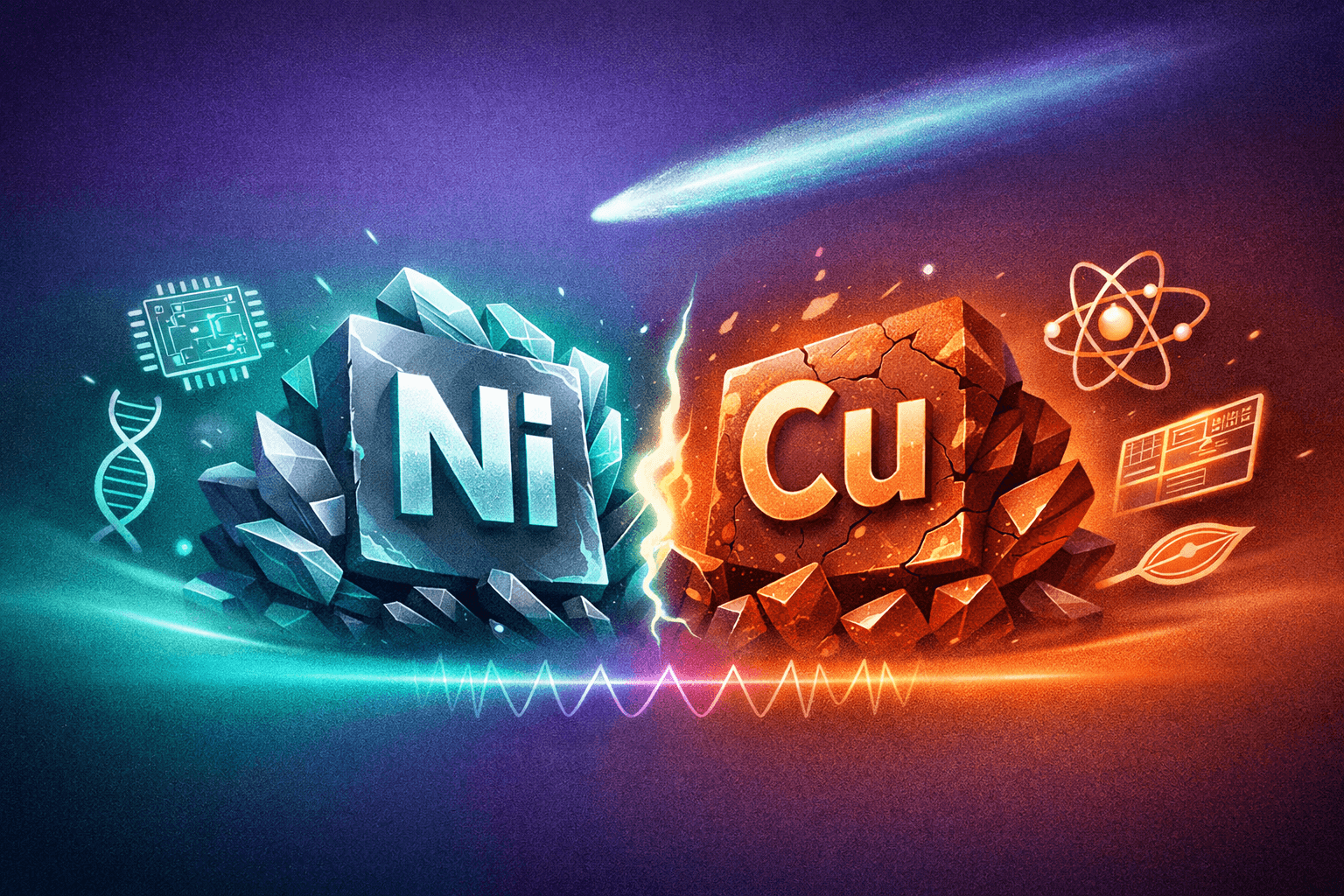On January 1st, 2020, I wrote an article titled A 5-Point Plan to Future-Proof Tuvalu “The Sinking Nation.” On Point #5 (Invest in Land & Property), I outlined why it would be important for Tuvalu to invest in land and property. And by land and property, I also mean those to be found in the digital realm.
The reasons are obvious — if ocean levels continue to rise, and since Tuvalu is a low-lying atoll — having “backup land” to migrate to in case of an emergency would ensure the survival of its people. Some Tuvaluan families have already taken steps to do this by setting up land in places like Fiji (e.g. Kioa island).
Times are changing
In late 2021, the Seoul Metropolitan Government of South Korea declared that it will be the first major city to enter the “metaverse”.
If you’re not familiar with the metaverse — not to be confused with Facebook’s Meta company— it’s a catch-all phrase being used to describe “a hypothetical iteration of the Internet as a single, universal virtual world that is facilitated by the use of virtual and augmented realities.”
As a leading tech hub, South Korea of course has the infrastructure to support such a migration. However, nations like Tuvalu do not have to steer too far behind. By using “the metaverse” as a form of cultural preservation — exacerbated by climate threats — the urgency and importance of preserving Tuvalu through digital means is that much more prevalent.
1 — Digital Twins

Tuvalu needs to build its own digital twin(s), hence the proposal of a blockchain-based infrastructure for Point #4 (going cashless) in the aforementioned 5-Point Plan.
Although blockchain was introduced first in the context of helping Tuvalu go “cashless”, it was also meant to be help place the foundations for a more secure, digital Tuvalu. The innovation around micropayments actually matters more than current price speculation of crypto markets, which you can see is hurting nations like El Salvador.
Why would this matter?
Well, if anything ever happened to the physical island, it would essentially have a “backup” of all its assets on an immutable blockchain ledger — including the history of its physical land and even cultural artifacts.
What is the cost of losing one’s culture?
Just imagine having a digital blueprint of Tuvalu, along with all of its historical items — which could then possibly be used to recreate the island in physical form. Over in places like the Middle East, wealth has been used to create islands from nothing. So this is not too far-fetched an idea.
And then, not only that, all the historical items that may have been in museums, homes, etc. at least has its digital twin preserved. For those who have every lost anything, although it never replaces the true physical item, it’s a snapshot in time of something of value. And memory of such things is what enables us to both remember and learn from the past.
Many engineering companies are already involved in the “digital twinning” business.
For example, a Digital Twin Engineer’s role is currently described as:
“Someone who creates virtual representations of both the physical elements and dynamics of how an IoT-connected product operates and interacts within its environment, throughout its entire lifecycle. Digital twin engineers make it possible to virtually see inside any physical asset, system or structure that could be located anywhere, thereby helping to optimize its design, monitor its performance, predict its maintenance, and improve the overall experience.”
With cities like Seoul aiming to move into the “metaverse”, digital twins become more than just IoT-connected products. It becomes about mapping entire cities (and then nations) in the digital realm (metaverse), which opens up so many more opportunities.
There are already various tools available in the market to assist everyday users to start digitally mapping the real-world — from Google Maps, to house-planning mobile apps (e.g. MagicApp), to 3D camera devices like MatterPort. Working blockchains allow us to better verify what’s “true” or not, so we always keep ourselves grounded outside of the digital realm.
2 — New Domains
Tuvalu needs to also be aware that .tv can’t be relied on as a long-term revenue strategy, especially as new domains enter the market. Just take a look at some of the new types of domains entering as a result of the “crypto” market.
Time will tell as to whether these new domains stick or not, but it’s something to be aware of.
Although Tuvalu ended up securing a deal with GoDaddy, there were some dirty tactics being used prior to suppress the price Tuvalu could ask for in its open bid for the .tv domain (point #1 of the 5-Point Plan).
See also Godaddy: Don't Buy dot-TV Domains, The Island is Sinking and TV would not be spared under new ccTLD plan.
3 — Climate Change, EEZ & Legal Ramifications
As aforementioned, climate change is a serious issue for Tuvalu. The most recent volcanic eruption of Hunga Tonga–Hunga Ha’apai, in Tonga, highlights just how precarious things are for small island nations across the South Pacific. So although “going digital” is an important part of connecting with the wider world and global markets, it’s not as important as guarding against natural disasters that could completely wipe a nation in one fell sweep.
But this is where some of this blockchain, digital twin, and metaverse concepts come into play. If anything were to happen to Tuvalu, preserving itself digitally is almost like Digital Nation Insurance (something I wrote about here), which is different to just digital insurance.
Digital Nation Insurance is like having a digital backup of your entire nation, but on a scaleable blockchain. And this is why micropayments technology matters for concepts like the metaverse (read this article for why the metaverse can’t exist without micropayments and scaleable blockchain infrastructure).
If Tuvalu disappears, it also calls into question the sovereignty and rights it should retain over previously existing zones (e.g. EEZ or Exclusive Economic Zone). The United Nations Law of the Sea is a body of customs, treaties, and international agreements by which governments maintain order, productivity, and peaceful relations on the sea. In an article from 2021, Tuvalu stated that it would explore ways to legally retain its maritime zones and statehood, even if submerged.
If it takes the leap to start preserving its cultural and physical assets through the “metaverse” (digital, on-chain), it will also provide substantial support to make a legal case for preserving maritime zones and statehood. Why? Because there are digital rights embedded into the way working blockchains and micropayments work.
Popular trends like NFTs (Non-Fungible Tokens) will also eventually move away from hype and speculation, to connecting physical, real-world assets to the digital (i.e. digital twins) for more practical purposes. And what would be more practical than preserving culture — something of high-importance to Tuvaluans and other Pacific Island nations — digitally in the case of a climate catastrophe?
Summary
In this article, I’ve touched on multiple areas including Digital Twins, emerging “crypto” domains, and the case for retaining maritime zone rights through the potential use of NFTs. Outside of these points, there also exists a case for using the metaverse as a way to digitally expand and profit from Tuvalu’s own digital twin.
Investors are currently paying real money for virtual real estate in the metaverse, with a record sale (at the time of this writing) going for a whopping $4.3 million in the game Sandbox. This is just a taste of what’s to come.
If Tuvalu can act swiftly on this opportunity, while staying grounded in its core values, it will set them apart (and ahead) for what blockchain can truly be used for now and into the future — even as a means for survival and preservation.
Comments





